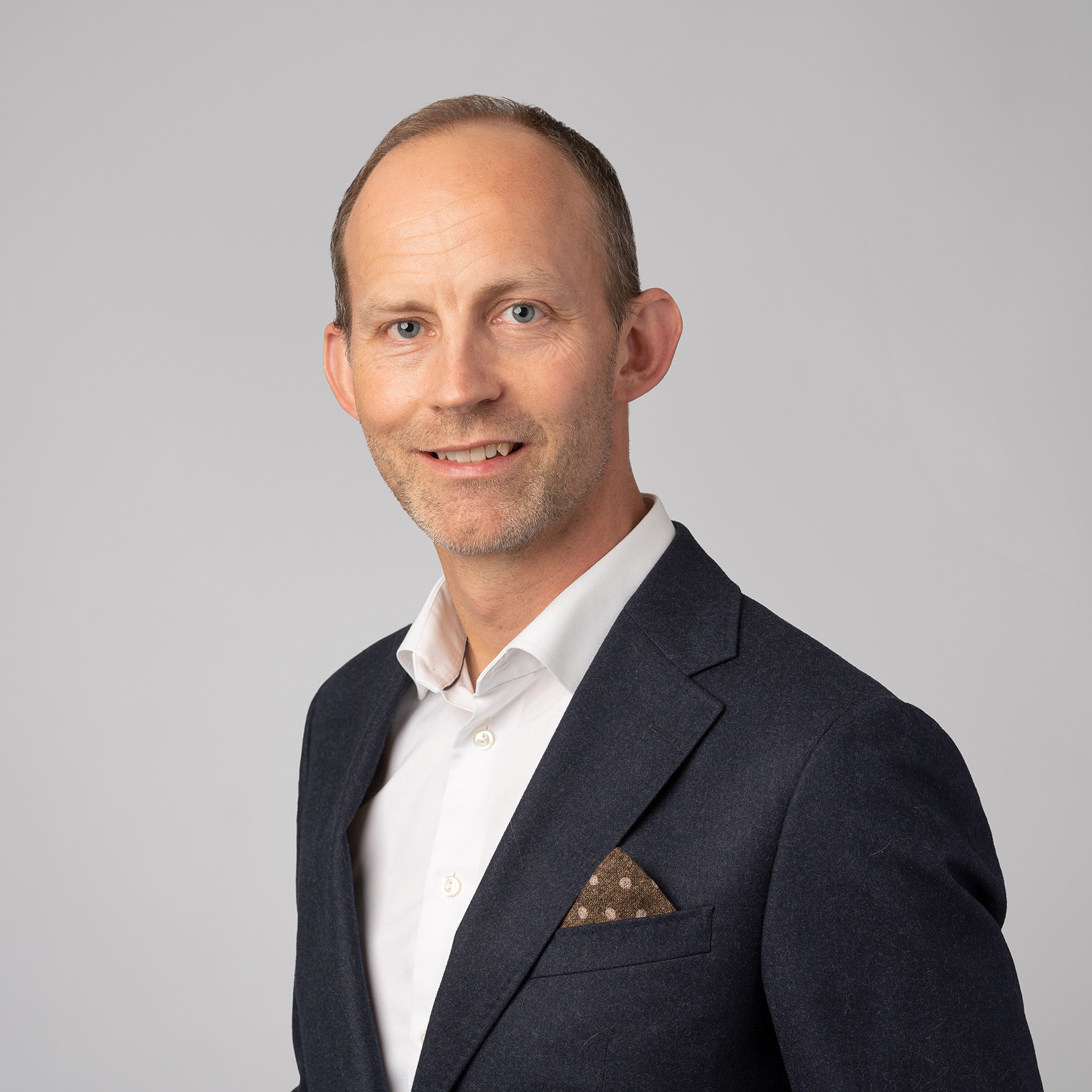In its six years with Priveq, San Sac went from being a Swedish to a Scandinavian company and managed to more than triple the sales of its products and services in source sorting, recycling and waste management. Today, the company’s containers, wastebaskets, waste containers, utensils and park furniture are everywhere in our local environment; in the tenant-owner association’s yard, in parks and in city centres.
San Sac was founded in 1962 by several companies in the forest and paper industry. The company initially focused on the work environment around waste collection and soon its paper bags featuring the classic squirrel symbol became the dominant presence in Swedish waste management. But times changed. Customers such as municipalities, sanitation contractors, property owners, county councils and industry demanded new systems for increased waste and source sorting, at the same time as plastic containers began to replace paper solutions.
A period of rapid growth
CEO Roger Ferm and some of the management employees saw the opportunities that this situation offered, and in 1995 they bought out the business from the owners. Roger became the company’s largest shareholder, with about 65 percent ownership. From that point on, San Sac quickly developed a variety of storage solutions for source sorting, recycling and waste management. The business grew with stable profitability and by 2007 the company sales reached SEK 120 million, with a profit of approximately SEK 15 million. The next step was to expand throughout Scandinavia, but this required a new form of governance and financial backing. So in the autumn of 2008, Roger Ferm decided to bring in an owner who could support the expansion, and turned to Priveq.
“We thought that the trend in source sorting and recycling was particularly interesting. Actually, the company was a little too small for us, but the rising demand for waste management solutions presented an attractive business opportunity,” explains Karl-Johan Willén, Partner at Priveq. “We identified good possibilities for expanding outside of Sweden and for turning San Sac into a Scandinavian enterprise. It was in the middle of the Lehman Brothers crisis, but San Sac’s steady income and well-run business provided us with a sense of security.”
Priveq duly made the acquisition after a short bidding process, with the owners choosing to become co-owners with Priveq, despite others making higher bids. Priveq bought 70 percent of the business, while the management reinvested 30 percent. Lars-Åke Rydh became the new chairman of the board; Priveq already knew him well from our time as owner of the packaging company Nefab, where Lars-Åke was CEO. Åsa Söderström Jerring, former CEO of the technology consulting company Sweco, Roger Ferm, and Johan Koch and Karl-Johan Willén from Priveq also joined the new board.
Expanding through acquisitions and new business areas
The company expanded into new business areas such as trash cans and park furniture, and drew up a list of acquisitions to establish itself as a Scandinavian enterprise.
“The expansion continued organically, but the companies we wanted to acquire were a little too expensive in the beginning, so it took a while before we managed to really get started with the acquisition strategy,” says Karl-Johan Willén.
The first deal was completed in 2010, when San Sac bought Danish company Rubæk & Co, a manufacturer of wastebaskets and park furniture. The company subsequently bought a Swedish company that makes recycling units for the likes of tenant-owner associations, Danish company Humus Genplast, which sells wastebaskets, compost bins and packaging for hazardous waste, and ILAB Container, which had established a market-leading position in the Nordic region as a supplier of containers for collecting and sorting waste. Despite the high number of acquisitions, the strong cash flow in the business meant that the owners, did not have to inject any new capital.
During this time, Roger Ferm and other members of the management began to approach retirement age, which led to the decision to recruit a new CEO, Fredrik Jaginder, and several other key employees. This generational transition went well, and Roger Ferm continued as business and product development manager while the business gained further momentum. During the six years of Priveq’s ownership from 2008 to 2014, San Sac’s sales increased from SEK 120 million to almost SEK 400 million, half of which came through organic growth. Profitability was good and the number of employees also increased, from 15 to 45 people.
In 2014, a structured process was initiated to find new owners for San Sac. Some industrial buyers were interested, but in the end the financial investor Accent bought the business and merged it with a Norwegian competitor. San Sac’s CEO Fredrik Jaginder, together with the rest of the management, continued to run the combined business.
As the deal to change ownership went through, Fredrik Jaginder reflected on the importance of Priveq’s involvement. “The collaboration with Priveq and the board was excellent. I especially value the fact that they have been a sounding board for matters large or small. They helped us create a structure that made it possible to take the next step in the company’s development, and they were a strong support to us in our acquisition work.”
Year of investment: 2008
Fund: Priveq Investment Fund III
Ownership: 69.4%
Year of divestment: 2014
About the company:
San Sac operates in Sweden and Denmark and is the market-leading supplier of equipment for source sorting and waste management. Under the San Sac and Rubaek brands, San Sac develops and markets equipment systems that are distinguished by their high quality and strong environmental considerations.
2007
Sales: SEK 122m
EBITDA margin: 13%
2013
Sales: SEK 349m
EBITDA margin: 9%
Priveq team:
Karl-Johan Willén, Johan Koch

For further information, please contact
Karl-Johan Willén
Partner & Investment Manager
Phone: +46 8 459 67 66
Mobile: +46 70 950 88 25
Email: karljohan.willen@priveq.se